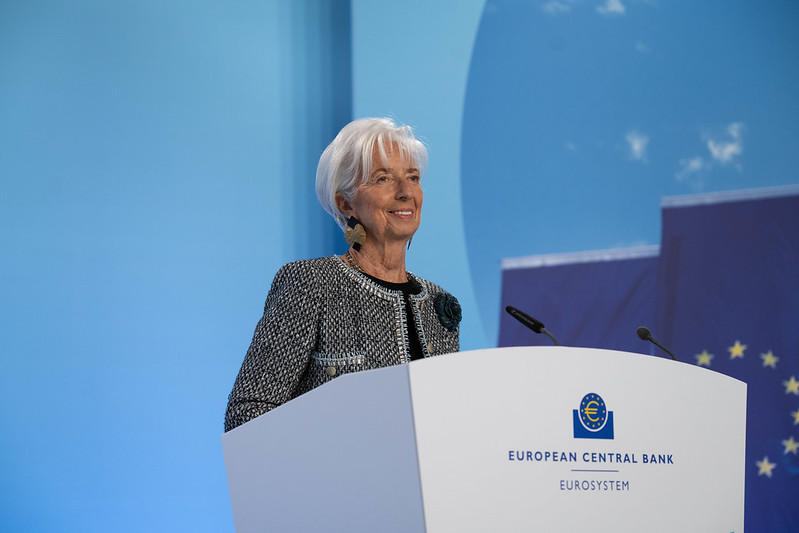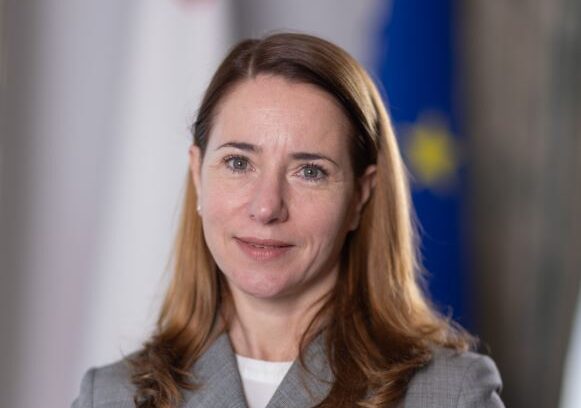The European Central Bank (ECB) has reduced its key interest rates by 25 basis points in a strategic move to adapt to a shifting economic environment. Effective 18th December 2024, the deposit facility rate will stand at three per cent, with the main refinancing operations rate at 3.15% and the marginal lending facility at 3.40 per cent. These changes signal a gradual easing of financial conditions, providing business leaders with both challenges and opportunities.
For CEOs and decision-makers, the rate cuts come against a backdrop of slowing inflation and sluggish economic growth. The ECB projects headline inflation to average 2.4 per cent in 2024 and 2.1 per cent in 2025, before reaching its medium-term target of two per cent by 2026. While this is a positive indicator for price stability, underlying inflation, excluding energy and food, remains a concern, projected at 2.9% in 2024 and 2.3 per cent in 2025.
Economic growth, on the other hand, is expected to lag, with GDP forecasted to rise by only 0.7 per cent in 2024 and 1.1 per cent in 2025. “The path to recovery remains uncertain, with domestic demand and investment playing pivotal roles,” the ECB noted in its statement.
This environment presents several strategic considerations for business leaders:
- Investment timing: With financing conditions easing, albeit gradually, companies should assess the feasibility of advancing key investments. The reduced borrowing costs might offer an opportune moment to fund growth initiatives.
- Cost management: Persistent domestic inflation, driven by delayed adjustments in wages and prices, underscores the importance of robust cost management strategies. Leaders may need to recalibrate budgets to navigate these pressures effectively.
- Focus on consumer demand: With household consumption expected to drive recovery, businesses must prioritise strategies that align with shifting consumer preferences and real income trends.
The ECB’s decision to discontinue reinvestments under the Pandemic Emergency Purchase Programme (PEPP) by the end of 2024 further indicates a cautious yet decisive approach to balance sheet normalisation.
Ultimately, the ECB’s latest moves offer both challenges and opportunities for business leaders. By staying agile and informed, CEOs can turn these macroeconomic shifts into strategic advantages for their organisations.
ECB President Christine Lagarde at a press conference on 12th December / Photo by © Maria Rita Quitadamo/ECB
Alison Micallef appointed CEO at Malta Development Bank
She steps into the new role effective immediately.
Impact beyond profit: CSR in Malta is a must in 2025
Nowadays, corporate social responsibility can no longer take a backseat in your business's vision.
Malta’s private equity sector urged to seize opportunities at high-level CEO seminar
Panellists highlighted Malta’s potential as a destination for private capital, citing its English-speaking workforce, regulatory accessibility, and strategic location.
Ronald Attard takes on expanded role as Managing Partner for Risk Management at EY Europe Central
He has built experience in management accounting, corporate finance, and mergers and acquisitions.









